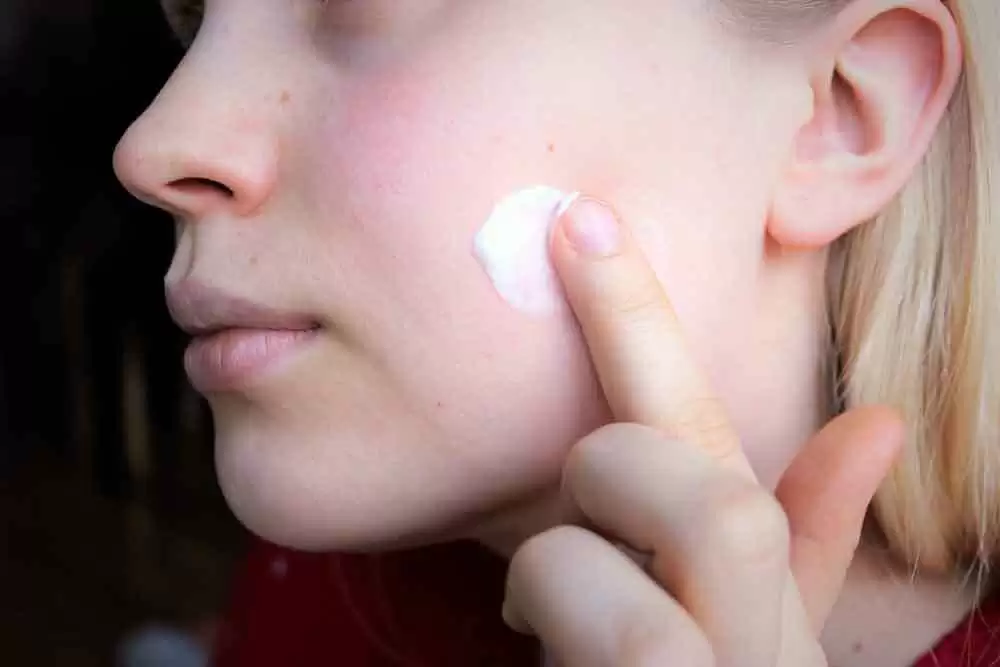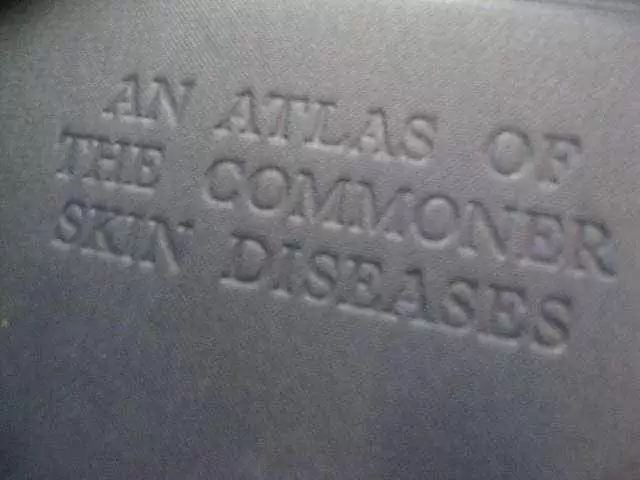
Celiac.com 03/26/2019 - People with gluten intolerance often have non-gastrointestinal symptoms, including several common skin conditions. If you have celiac disease or other sensitivity to gluten, a gluten-free diet may help to improve symptoms of these associated skin conditions.
These Seven Common Skin Conditions are Associated with Celiac Disease
Acne
Links between celiac and malabsorption, as well as hormonal upset can contribute to a greater production of acne. Many birth control pills boast promises of clearer skin, their method is through hormone manipulation. Because many who suffer from gluten intolerance also experience a disruption of normal hormone function, this disharmony can lead to problems with acne. There are some anecdotal reports that acne can improve on a gluten-free diet.
Canker Sores (Aphthous Stomatitis)
Technically, the mouth is not part of the skin, but we include canker sores, since they are one of the most common non-gastrointestinal celiac symptoms, and easily visible in the mirror. Nearly 20% of people with symptomatic celiac disease had canker sores as one of their symptoms. In many cases, these canker sores are recurrent, and can be one of the few or only signs of celiac disease.
Dermatitis Herpetiformis
This painful, blistery condition can be very stressful, especially when misdiagnosed. An inflamed, itchy rash, dermatitis herpetiformis begins as tiny white filled blisters or red spots around hair follicles. Trying to hide or disguise DH, as well as trying to treat it when misdiagnosed can be incredibly stressful for a person. Read more on celiac disease and dermatitis herpetiformis at Celiac.com.
Dry Skin
Also correlated to malabsorption, dry skin is a very common complaint amongst those with celiac. But this condition is one that many people see even after the prescribed treatment of a gluten free diet. Why? Vitamin E rich grains are vital to maintaining skin harmony, but since many who are gluten intolerant begin avoiding grains completely—even those grains that are gluten-free, getting that important Vitamin E in their diets can become a challenge.
Celiac.com Sponsor (A12):
Eczema
Eating a gluten-free diet is becoming an increasingly popular mode of treatment for eczema. Those who are gluten intolerant also tend to have more advanced psoriasis.Psoriasis—Like eczema, psoriasis has in many cases shown improvement when the person is put on a gluten free diet. In Scott Adams’ 2004 article, he also mentioned that psoriasis in those with celiac tends to be more severe.
Psoriasis
Psoriasis is a common, chronic, genetic, systemic inflammatory disease that usually manifests as itchy plaques of raised red skin covered with thick silvery scales. Psoriasis is usually found on the elbows, knees, and scalp but can often affect the legs, trunk, and nails. There’s been very little research done on the association between celiac disease and psoriasis. That means there’s just not much good information. Some people with psoriasis claim to see benefits on a gluten-free diet, but that is purely anecdotal.
One interesting finding recently was that psoriasis patients who do not have celiac disease or non-celiac gluten sensitivity commonly show high levels of antigliadin IgA antibody, and would likely benefit from a gluten-free diet.
Some earlier studies have shown that celiac disease antibodies correlate with psoriasis activity, though little follow-up has been done, so there’s still a lot of confusion about any connection to celiac disease?
Read more on celiac disease and psoriasis at Celiac.com.
Rosacea
Rosacea is a common inflammatory skin condition that shares the same genetic risk location as autoimmune diseases such as type 1 diabetes mellitus (T1DM) and celiac disease. Some studies have shown high rates of immune conditions in rosacea patients, while others have shown a connection between rosacea, celiac and other diseases. Still, more research is needed to nail down the connection. The most recent study showed that rosacea is associated with T1DM, celiac disease, multiple sclerosis, and rheumatoid arthritis in women, whereas the association in men was statistically significant only for rheumatoid arthritis.
Again, for people with celiac disease, or a sensitivity to gluten, symptoms of these skin conditions may improve or disappear on a gluten-free diet.







Recommended Comments
Create an account or sign in to comment
You need to be a member in order to leave a comment
Create an account
Sign up for a new account in our community. It's easy!
Register a new accountSign in
Already have an account? Sign in here.
Sign In Now